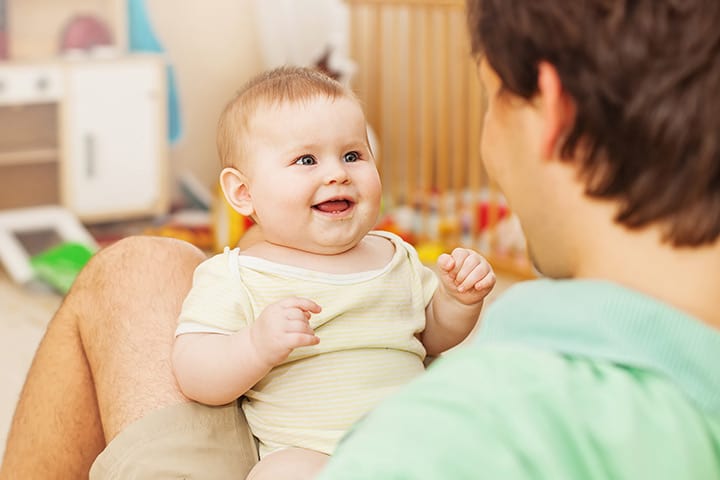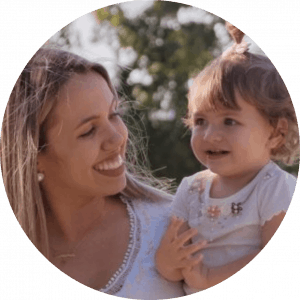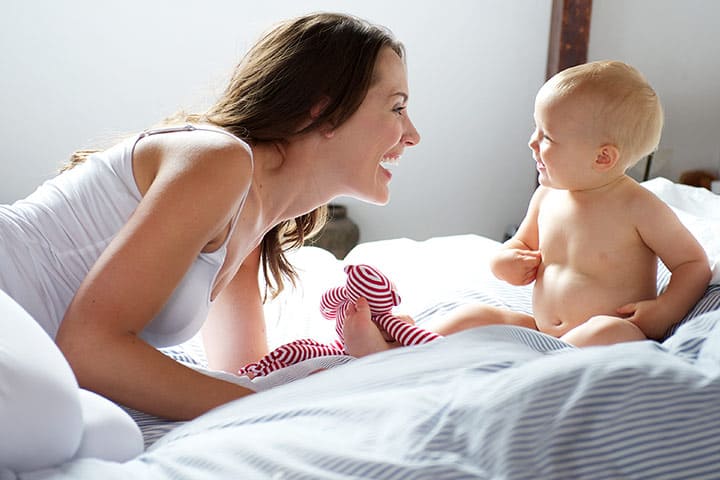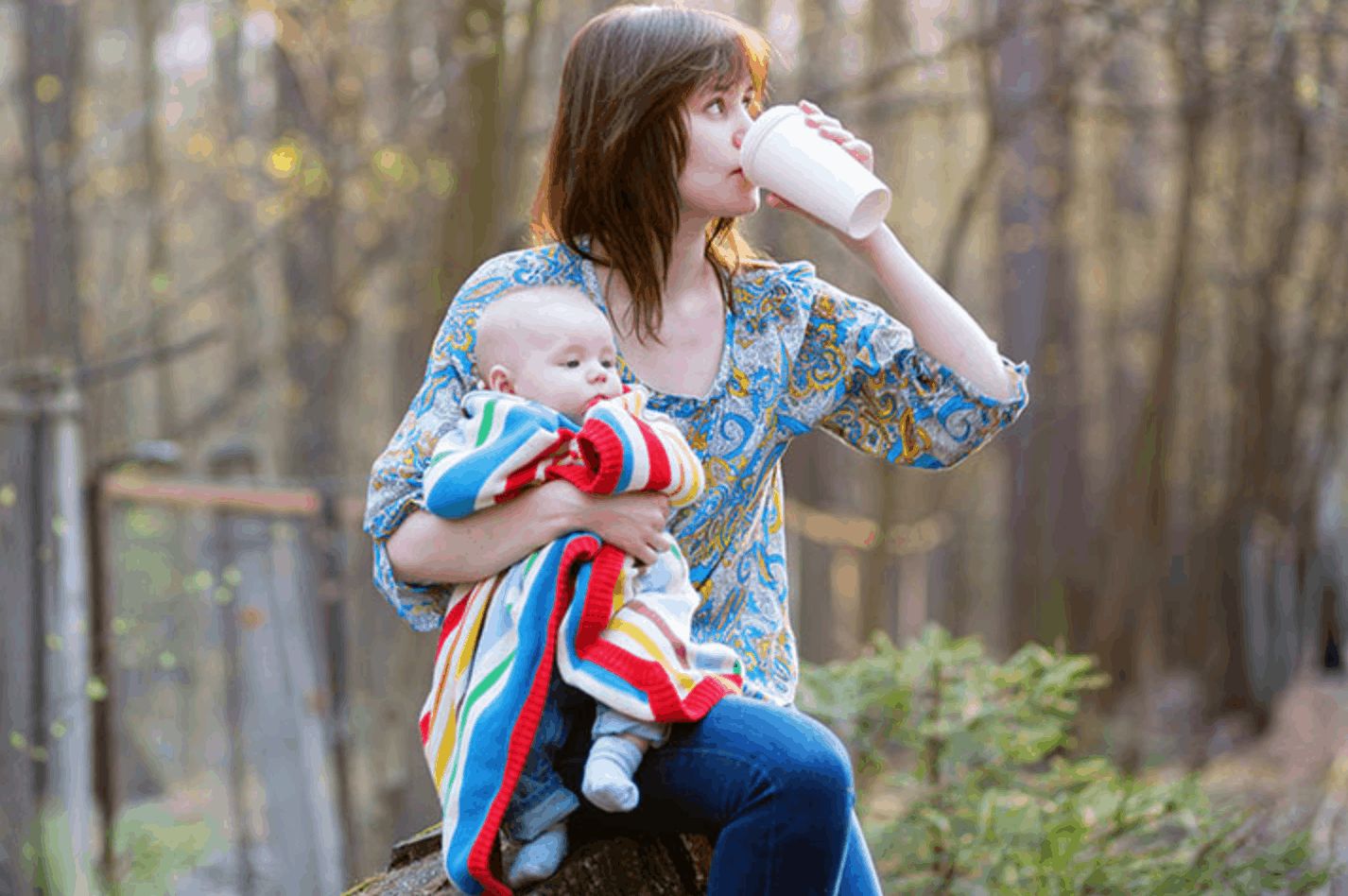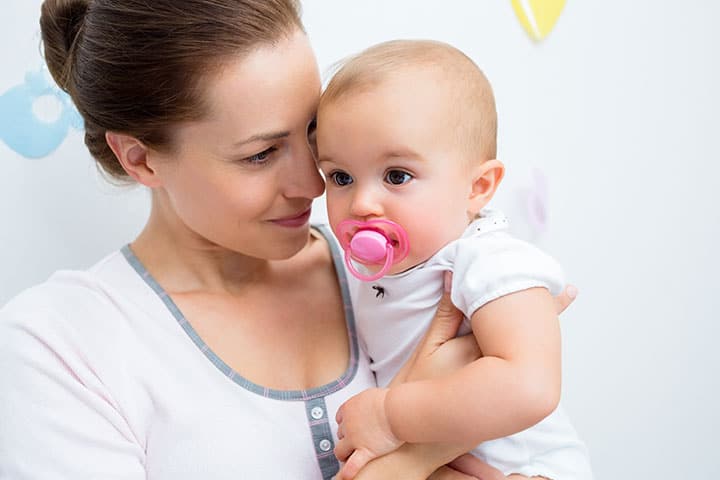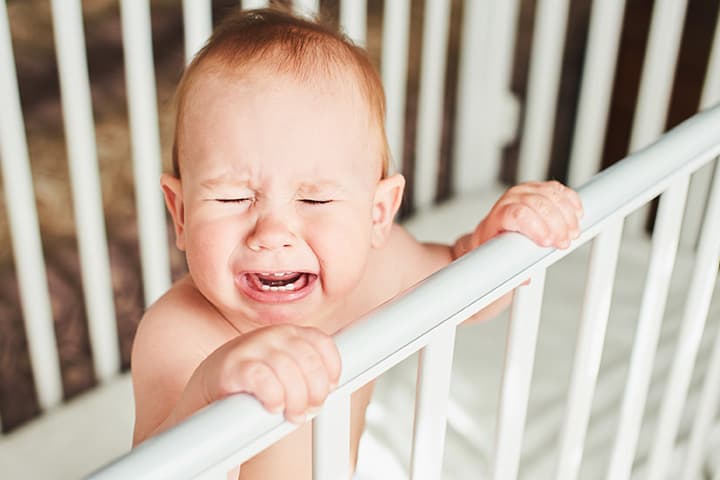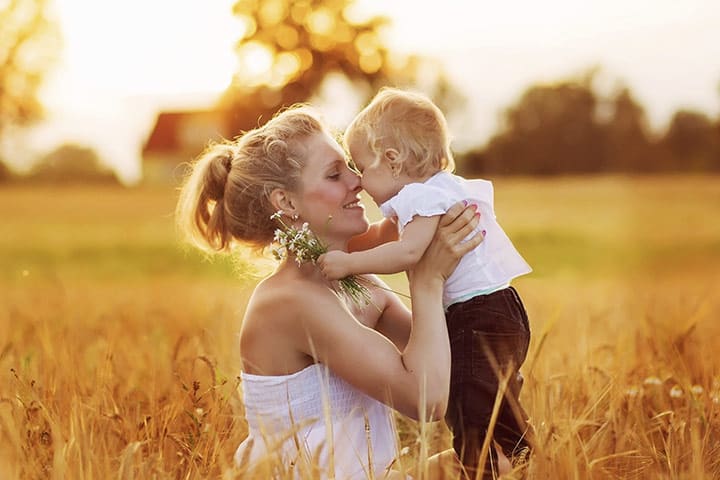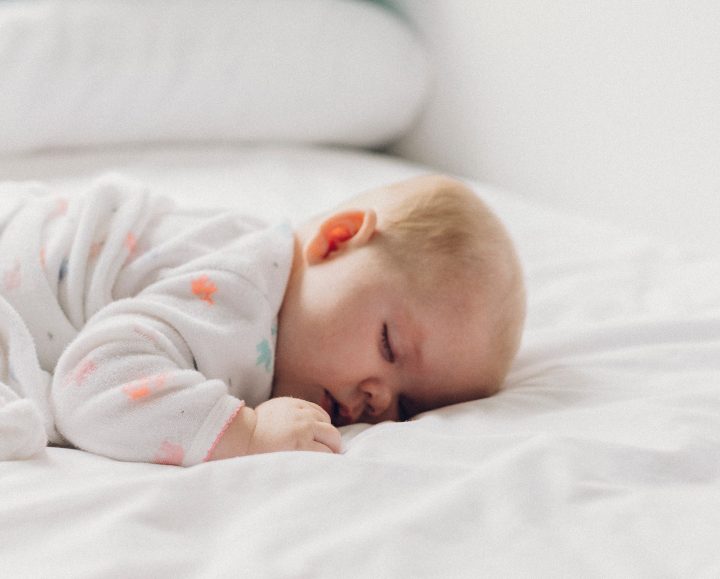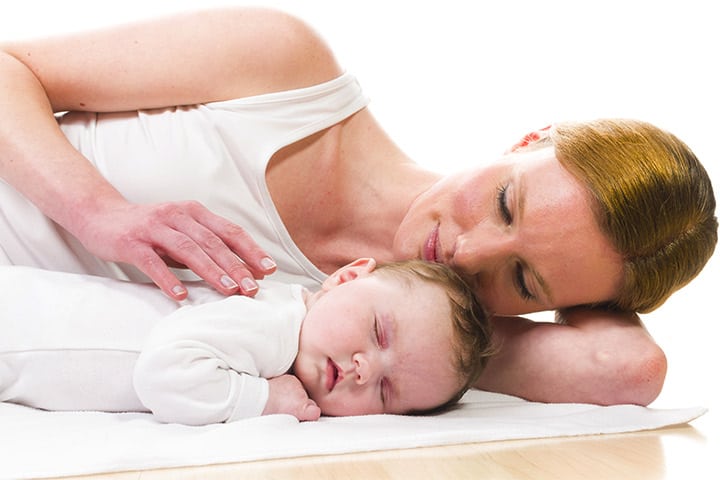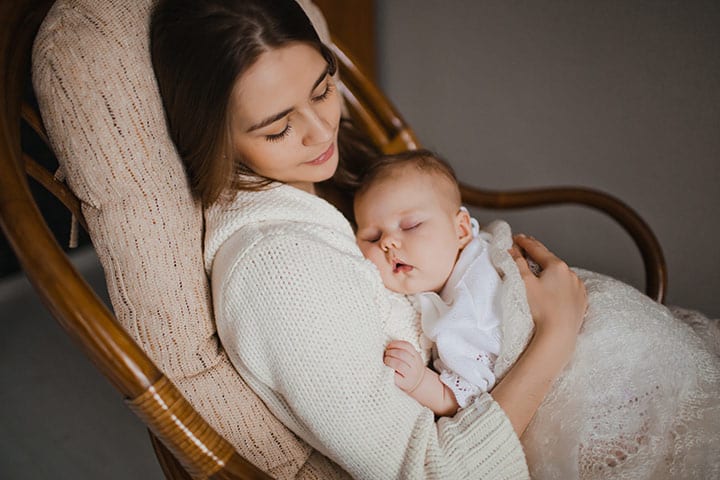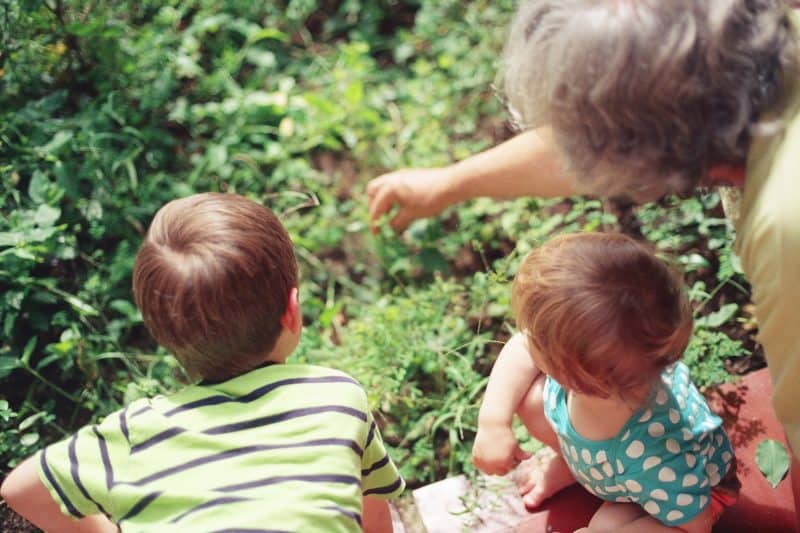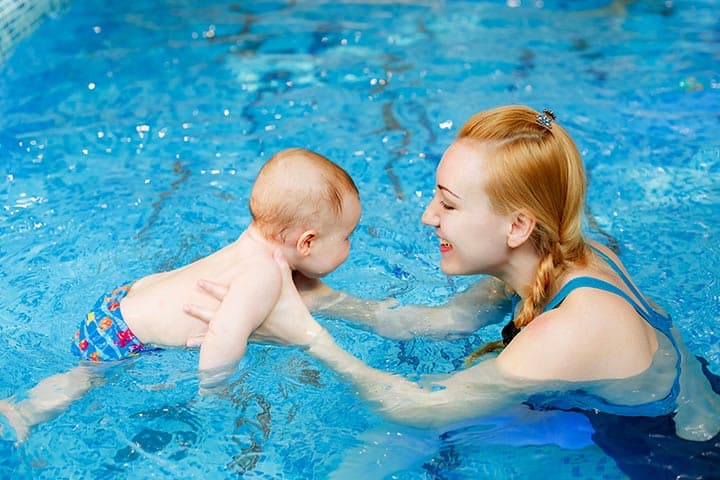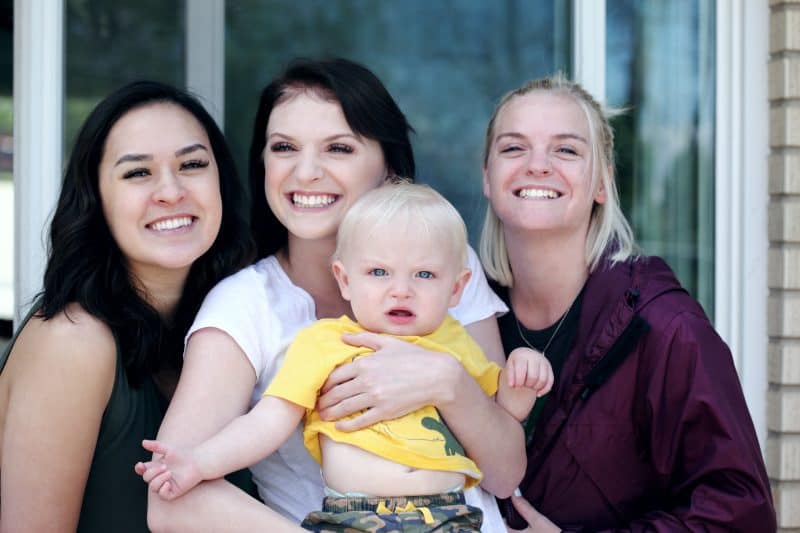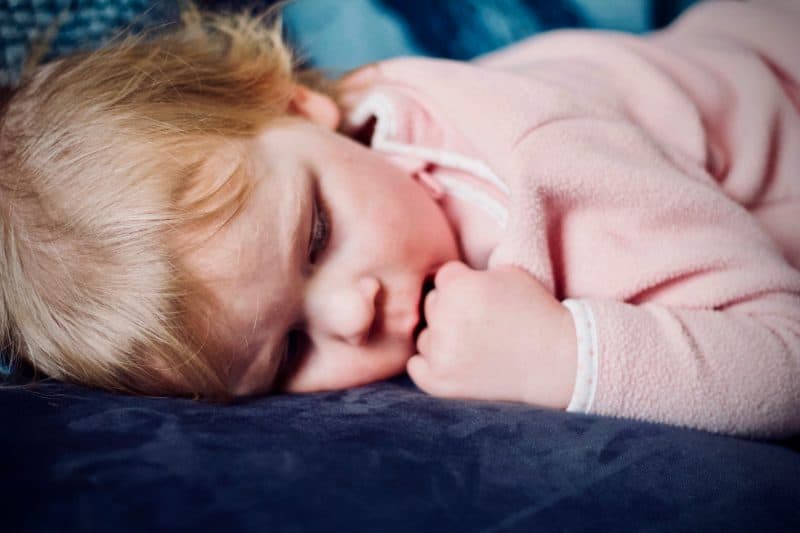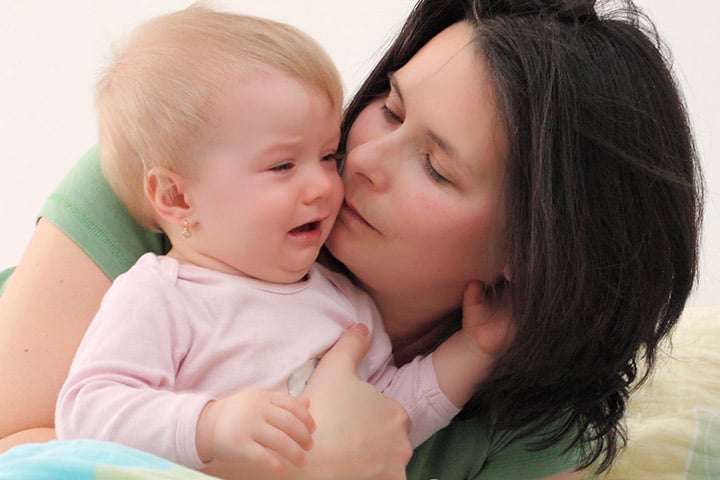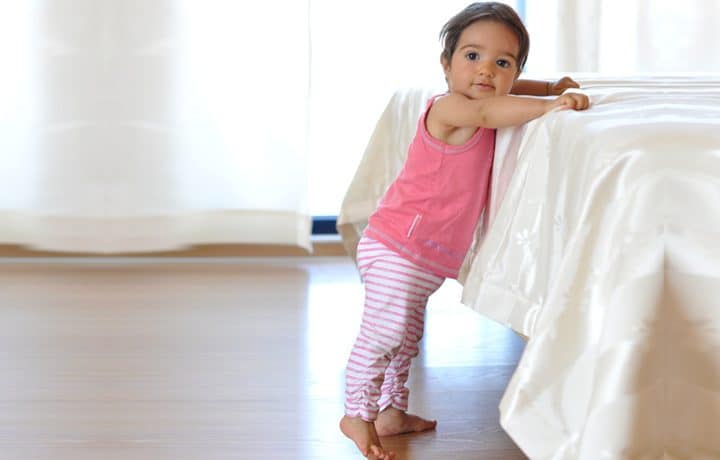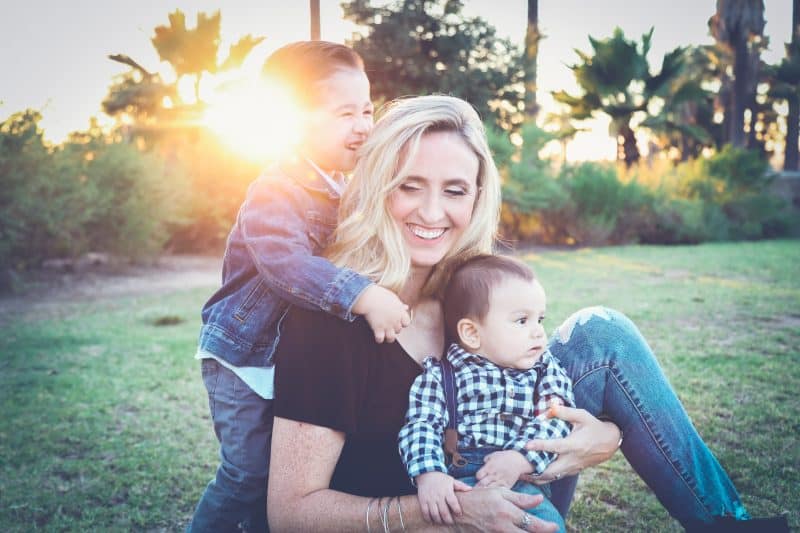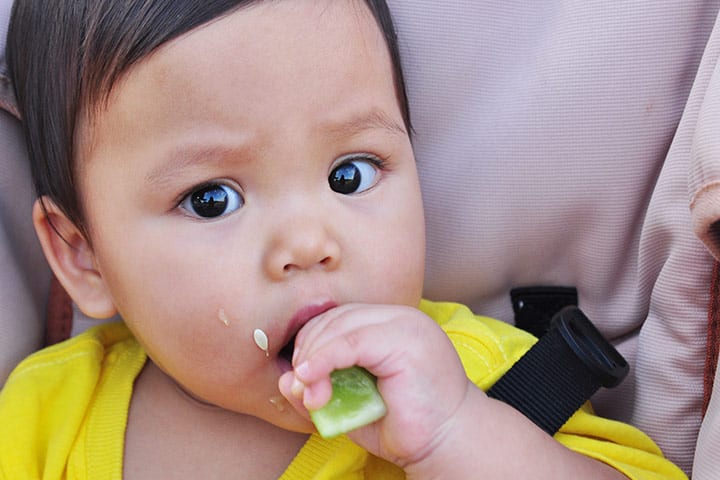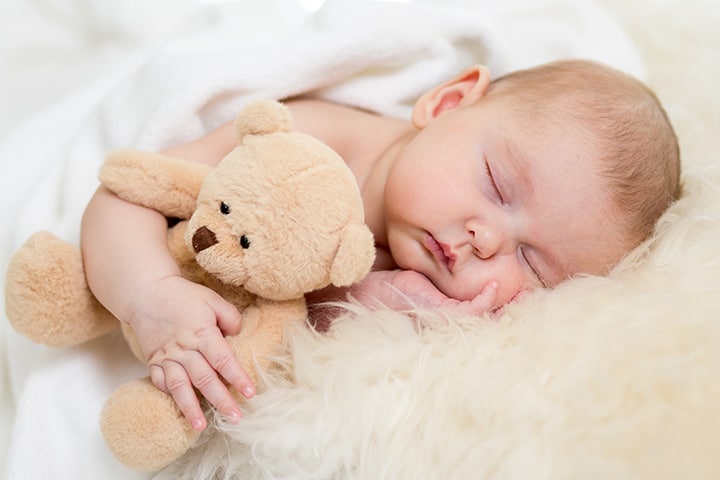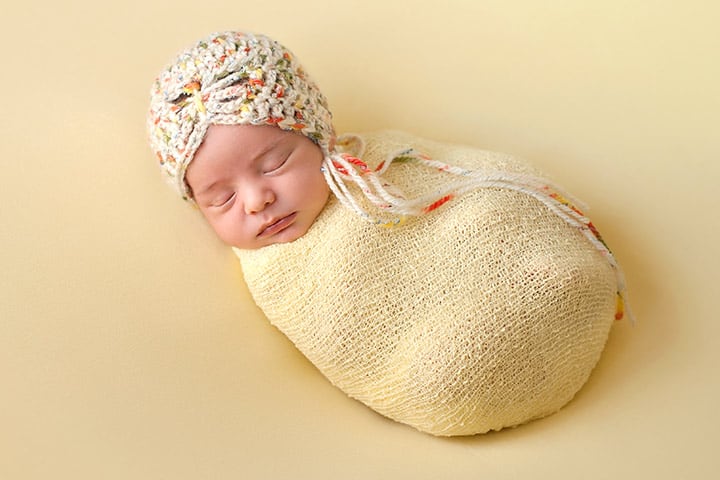Are you excited about seeing your baby turn at your voice, or “dance” to that song you’re singing? Do you feel worried that your baby is not showing any signs of hearing yet? Are you wondering whether this important milestone in your baby’s life is getting delayed?
If you are not sure about when baby starts hearing and are worried there is a delay, read on to know more about it.
When Do Babies Start Hearing After Birth?
Your baby has already started hearing your voice right from the time she was comfortably snuggled inside your womb. While you were still pregnant, your baby was able to hear sounds around you, mostly your voice. As your baby starts getting older, she will start picking up all the sounds around her to gather more and more information.
When can my baby start hearing? Well, by the time your baby is about a month old, her hearing will be fully developed. However, even though she may be able to hear, it may take longer for her to respond. This can often lead you to believe or worry whether she can hear at all.
Newborn Baby Hearing Development:
Monitor your baby’s hearing from the time of birth.
1. Newborn:
Soon after birth, your baby will start paying attention to different sounds around her. She will especially try to hear sounds that are high-pitched. She may try to respond to your voice, especially when you sing her a lullaby. Loud or sudden sounds may startle her.
2. Around Three Months Of Age:
By this time, your baby’s hearing should be more receptive and alert. She may look at you directly upon hearing your voice, or look around for you. Sometimes, she may even respond by making a few noises like gurgling. This is her attempt at trying to speak to you. In some cases, your baby may not turn to look at you, or turn away. This does not mean that your baby cannot hear. It could simply be that your baby has lost concentration and is bored.
3. Around Four Months Of Age:
By this time, your baby will most likely start responding to sounds with a lot of excitement. She may even surprise you with a smile when you call out to her. As you speak to her, she may try to copy the sounds that your words make.
4. Around Six Or Seven Months Of Age:
By this age, your baby will look around for other sources of sound, other than you. She may also try to listen to sounds that are not too loud and respond in her own way.
5. Around Twelve Months Of Age:
By this time, your baby should be able to recognize most of the sounds and even her favorite songs.
How Can I Help My Baby Develop Her Hearing Better?
As a parent, you can always encourage your baby to reach her milestones. Here are a few fun things you can try out with your baby:
- Sing along nursery rhymes and lullabies to your baby on a daily basis. This will help her concentrate while hearing. You can also do this as a bedtime routine.
- Play music on your phone and dance along or clap your hands.
- Read to your baby right from after birth. It is never too early to introduce your baby to the world of words. Reading aloud will also encourage your baby to read as she grows up, forming a very good hobby. This can also be a regular bedtime routine.
- Get her toys that come with sounds and songs.
- Introduce a musical instrument toy to your baby when she is old enough.
Screening For Your Baby’s Hearing:
Screening is done well before your baby hears for the first time. Your baby will most likely be screened the first time for hearing even before she leaves the hospital after birth (1). In case you are not sure whether your baby was screened or not, you can always check with her doctor.
Keep playing with your baby using different sounds and toys. Sometimes, your baby may just not be in the mood to respond. Also, make sure you make the sounds entertaining and don’t just create noise. If you still feel that your baby is not responding, schedule an appointment at the earliest.
Hope you liked our post on when do babies start hearing after birth. When do you think your baby started recognizing your voice, please share your experiences with us by commenting below. Simultaneously, do share this article among your friends and family.

